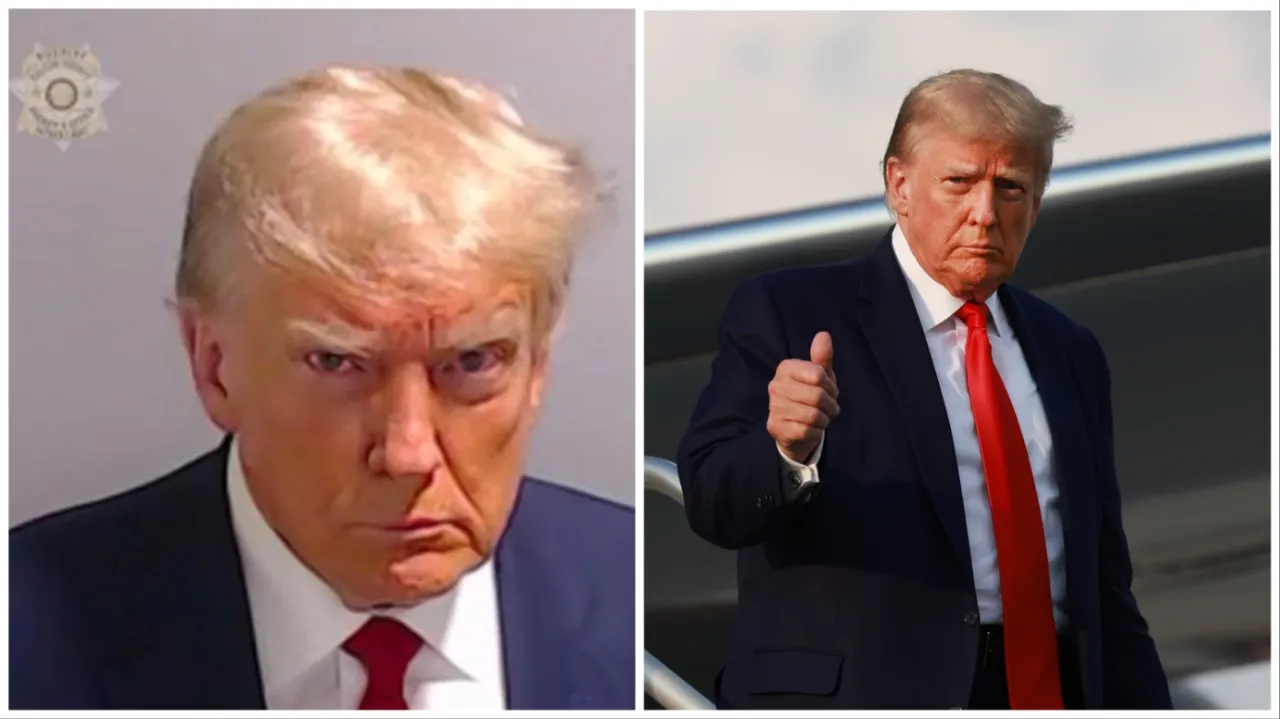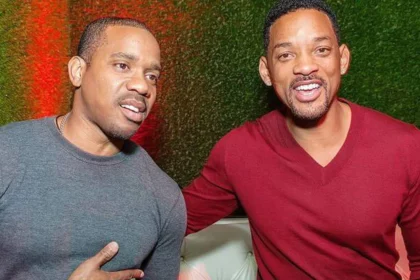The mug shot of former US President Donald Trump, taken at the time of his arrest on multiple felony charges, has transformed into a lucrative commodity, with its image adorning T-shirts, mugs, posters, and even novelty items like bobblehead dolls. This unexpected trend has ignited debates over legal rights, politics, and commercial exploitation.
Captured with his signature red tie, slick hair, and a stern expression, the mug shot has taken on different interpretations depending on one’s stance. Supporters and campaign managers see it as a rallying point against perceived politically motivated charges, while critics view it as emblematic of Trump’s accumulating legal troubles.
Donald Trump’s Save America fundraising committee quickly seized the moment, launching “NEVER SURRENDER!” T-shirts priced at $34.00, along with coffee mugs and beverage holders. His son, Don Jr., followed suit, capitalizing on the image with “FREE TRUMP” T-shirts and posters featuring the iconic mug shot.
On the flip side, the Lincoln Project, a Republican-founded anti-Trump group, is taking a satirical approach. They’re offering shot glasses etched with the mug shot and the sharp slogan “FAFO” (short for “F*** Around and Find Out”). Online marketplaces like Etsy have also witnessed the emergence of mocking products, including parody concert T-shirts.
Even independent retailers are joining the movement, such as a Los Angeles t-shirt store that introduced its own line of tops adorned with the mug shot.
Industry experts foresee substantial fundraising potential for Republican candidates from this imagery. Enthusiastic Trump supporters are anticipated to eagerly purchase merchandise featuring the mug shot, thereby injecting further financial support into campaigns.
This isn’t the first time Trump has leveraged legal situations for political gain. His past and present presidential campaigns have generated over $98 million through merchandise sales, featuring items ranging from bumper stickers to hoodies and coffee mugs.
However, the legal implications of reproducing the mug shot remain uncertain. While mug shots captured by US federal courts usually fall under the public domain, individual state policies and “right of publicity” laws might come into play. Federal trademark regulations also impose restrictions on using someone’s image for commercial purposes.
Though the realm of political parody goods may offer some legal protection, experts believe Trump’s decision to take legal action would be more strategic than grounded in legal necessity. With the distinctive pose in the mug shot evoking memories of his iconic stance on the reality TV show “The Apprentice,” the image has taken on a potent symbolism, resonating with both supporters and opponents alike.




